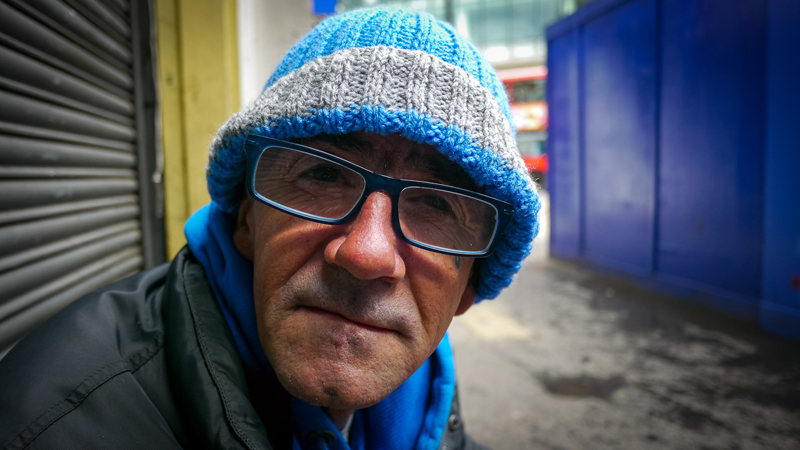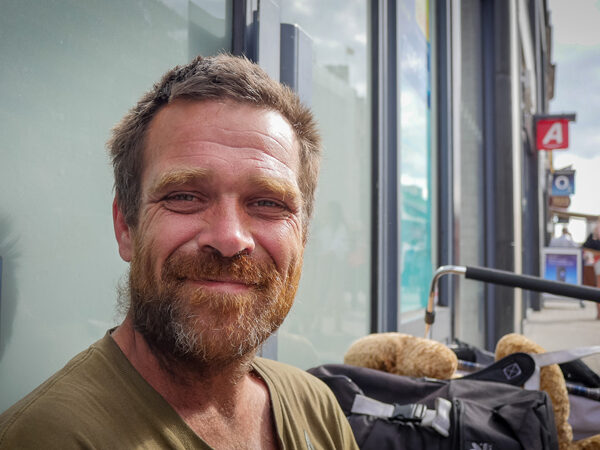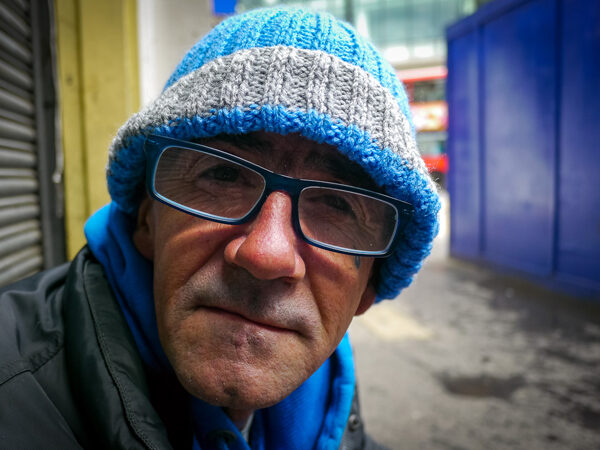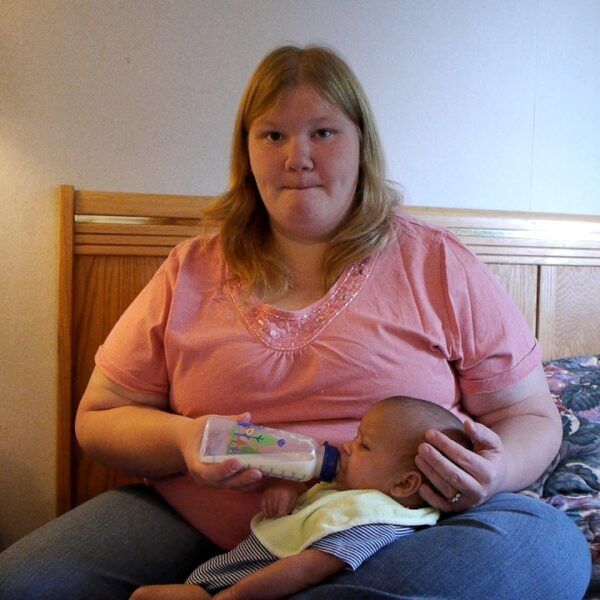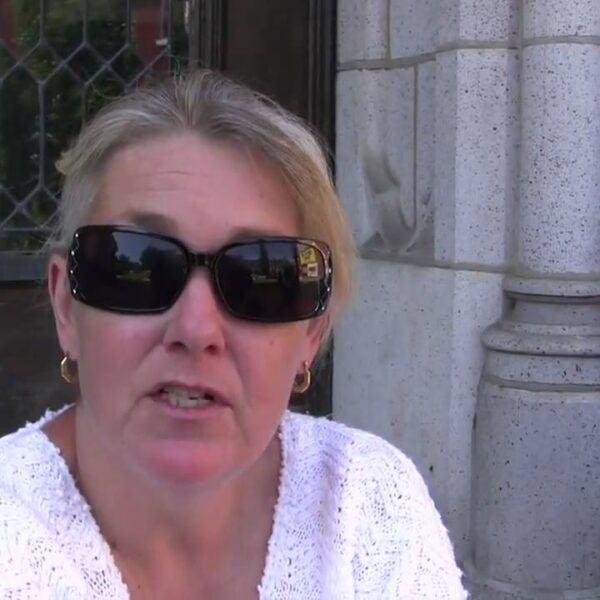The Housing (Homeless Persons) Act of 1977 provided an entitlement to long-term re-housing for homeless people in Great Britain. Currently, local authorities (or “Councils”) have responsibilities to people who qualify as “statutorily homeless.” This was mandated by the Housing Act of 1996 and amended/renewed by the Homelessness Act of 2002.
In order to qualify for this designation, someone must meet five criteria. If an applicant meets all five criteria, local Councils have to give them “reasonable preference” on the social housing register. If a person only meets the first three criteria, authorities are required to provide interim/temporary accommodation.
The Five Criteria for Statutorily Homeless Are:
- Is the applicant homeless or threatened with homelessness?
- Is the applicant eligible for assistance? (Some people who have lived abroad for too many years are no longer eligible).
- Is the applicant priority need? (For example, are they pregnant or homeless due to a fire or flood? Disabled or fleeing violence?)
- Is the applicant intentionally homeless?
- Does the applicant have a local connection? (Does the local council assessing the person have a responsibility to them, or are they the responsibility of a different area?)
Criteria such as these exist so that governing bodies/authorities can prioritize limited funds to those who are in the most need or those who they deem most deserving of need. Similar systems for assessment and prioritization exist in the U.S. Advocates work to encourage governments to allocate as much funding as possible to homelessness prevention and response.
With a legal mandate on one side, but limited resources on the other, some local Councils, charitable organizations, and police have enacted policies to deter homeless people. These actions include physically altering places where people sleep, like small spikes on sidewalks, and monetary fines for sleeping outside. Advocates in the U.K., U.S., and other countries refer to tactics such as this as “criminalizing homelessness.” Rather than helping people, the solution in these cases is shooing them away, or forcing them out.
Help those experiencing homelessness by advocating for increased resources for communities to respond to and prevent homelessness. You should also advocate for policies that treat people with respect, rather than those that make life harder for people experiencing homelessness to sleep, rest, and be members of their community.







